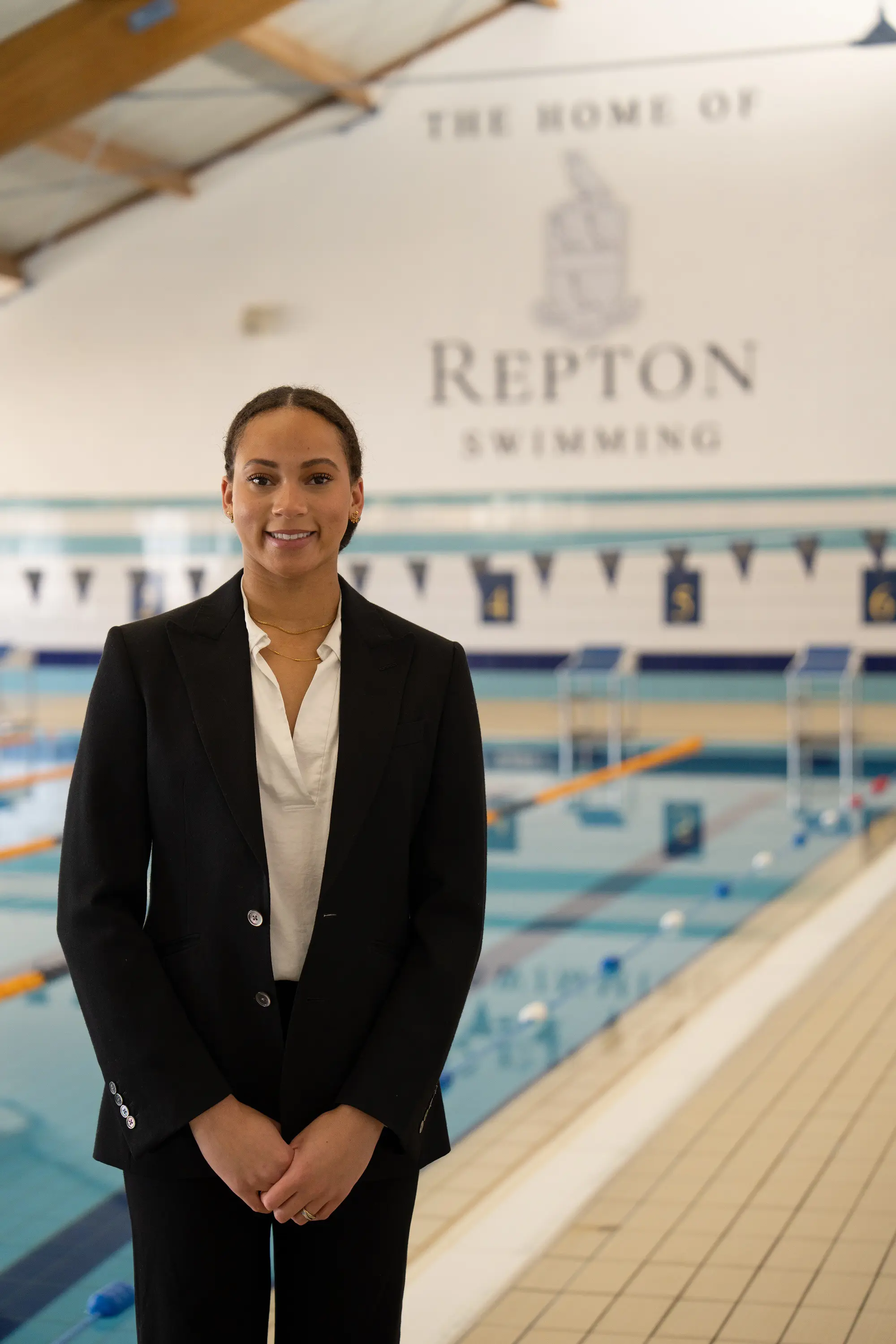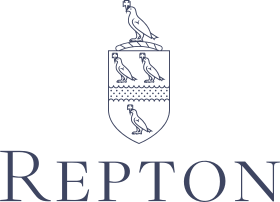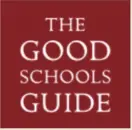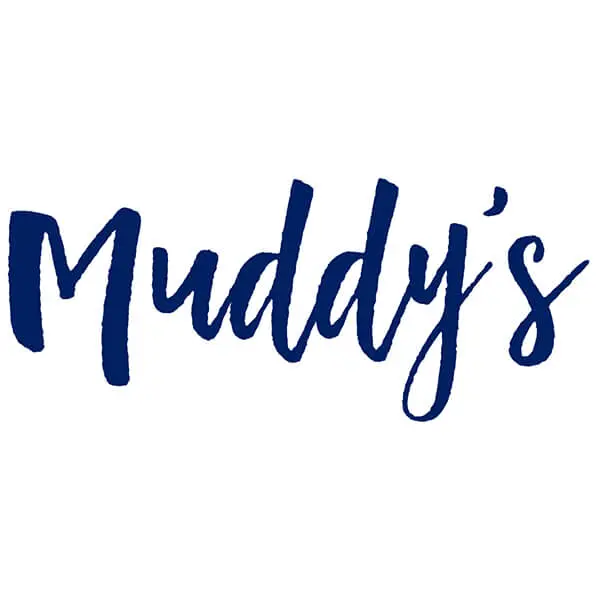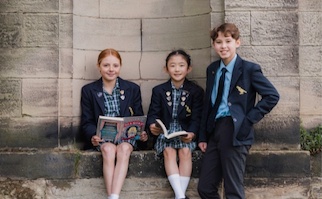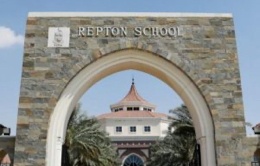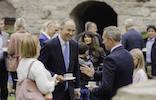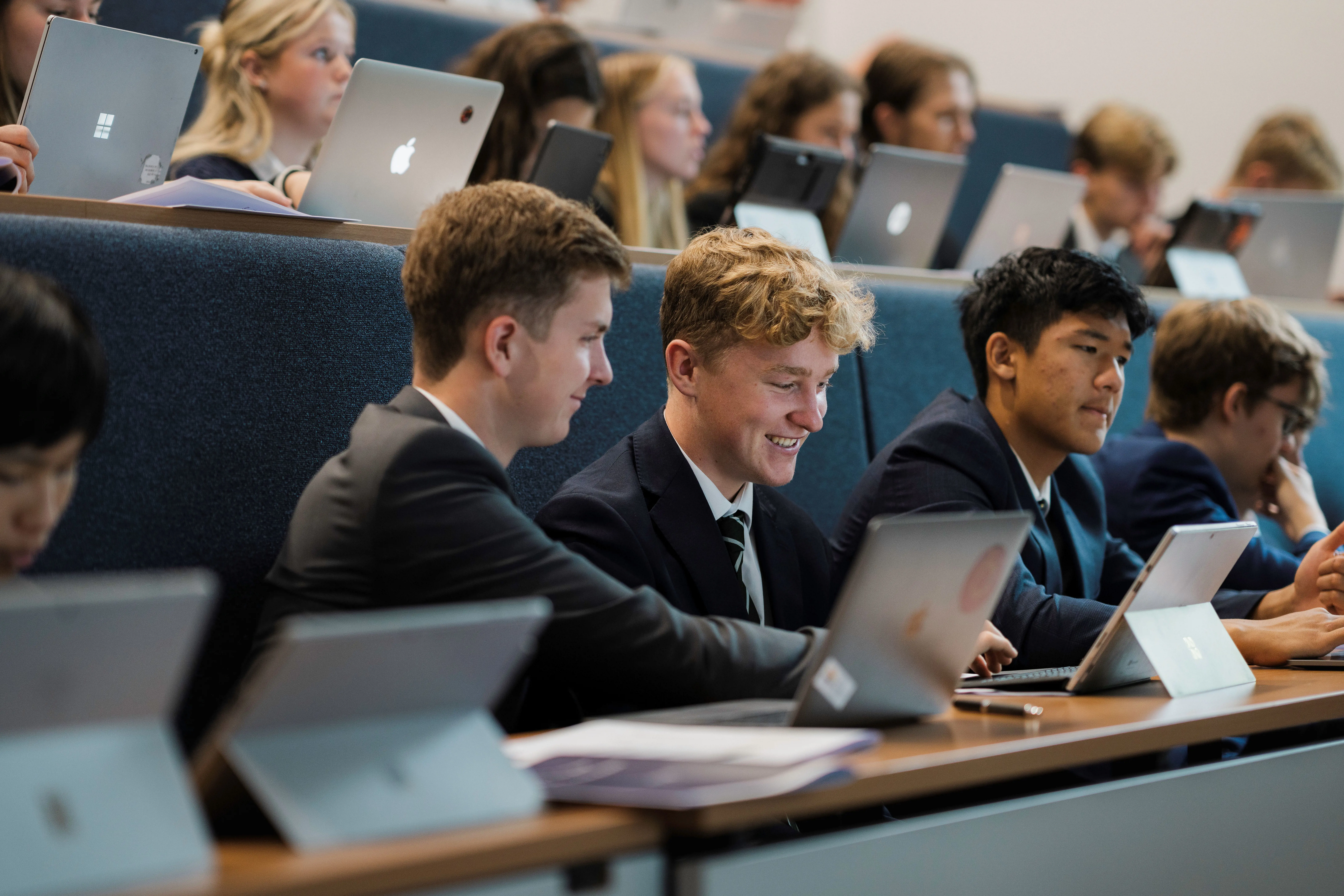REPTON ACADEMIC - A REASSURINGLY TRADITIONAL APPROACH TO MODERN EDUCATION
This year sees Repton School conduct an ambitious, forward-looking review of its curriculum, with a view to building on what is already a thoroughly thought out programme for making our pupils future-ready.
It would therefore be natural to ask the question “why, if your programme is already fit for the 21st Century, would you elect to conduct a holistic review?
Repton’s academic approach is certainly tried and tested. It produces Oxbridge Blues sportspeople who go on to major roles in politics or engineering; captains of hockey at Ivy League universities in the US with a staggering 3% acceptance rate; innovators who at the tender age of 13 win national innovation competitions in sustainable design; creators who win national art awards and are permitted to skip the usual art school requirement to complete a Foundation Year. Musicians with outstanding GCSE and A Level results who combine fast promotion in global sales with pupillage under world renowned jazz performers. It is an academic approach that produces young minds that are rounded in character but also grounded in outlook, ready to take on the diverse challenges of an ever-changing society.
It is our stated aim to help pupils be rounded and grounded in this way, but there is a third important part to our triplet of aims, and that is the root of our desire to put our curriculum under review; that we also want our pupils to be unbounded.
In conversation with our Deputy Head Academic, he sums up the Repton view that “no education will ever provide pupils the exact ‘how to do a job’ and what we prioritise here at Repton are those skills and values and character which will make someone able to learn how to do a job.” A well-designed curriculum that fits pupils for an uncertain future cannot be built around fixed ideas about what the future will hold for those pupils. As such, a high quality academic provision must routinely ask itself what else it could offer to open up possibilities and render pupils confident to take – or indeed create – valuable roles in society. If we want our pupils to be ‘unbounded’ in this way, we must not consider our curriculum static or finished. It must constantly evolve and develop.
At times the right curricular progress might surprise us. “Obviously coming out of Covid, most pupils were on devices in lessons the whole time, we had a big review of this, had a look at how pupils were learning before we considered curriculum, and actually went back to a predominantly pen and paper method.” This from a school that was among the first wave of Microsoft Showcase Schools and which has continued to make quality ed-tech a key plank of our approach. Not only does every Repton pupil have a full M365 subscription, a personalised pupil dashboard for tutors to explore their academic performance, but they and their teachers have high-end interactive touchscreens in every classroom, workshop and lab, and the school is fitting a tech-enabled modern workspace at the heart of the Business and Economics centre. A move away from constant use of devices in class would therefore not be an obvious pivot for the school to do. But it is not by any means a move away from tech: “Digital literacy is streamed and intertwined throughout the curriculum” Ashley clarifies “it is taught in all subjects, but it is not the default method of working.” It is not sufficient to point to a paperless classroom and say that, as a working method, it constitutes good preparation for the future – a position amply supported by UNESCO’s recent report on this matter – and so at Repton you are going to see technology used ubiquitously in enabling educational outcomes of real quality, but also an approach which avoids the assumption that simply digitising content and delivery will be adequate in itself.
One firm principle that Repton still holds to is that there is real value in a traditional, rigorous core curriculum of traditional GCSEs and A Levels, as well as bolder choices around that core that allow people to follow a path that suits them, not only in curricular terms, but in terms of extension and enrichment. “In the lower school we have introduced the Headmaster’s Project – an independent learning activity that means pupils can explore any topic they choose, present at the end of the year and show off something they have designed, made or written… In the Sixth Form we have a sports management pathway… a creative industries pathway… and a flagship Sixth Form programme called Future Leaders.” The Future Leaders programme integrates strong higher education and careers mentoring with timetabled sessions on personal finance, global politics and culture, visiting inspirational speakers and the pupils’ own training in public speaking that can culminate in the LAMDA Bronze Award. Independent learning is still inculcated in the Sixth Form as every pupil is offered a one-to-one mentor to supervise their Extended Project Qualification – an externally accredited project worth half an A Level that can be on any topic the pupil chooses.
“Repton talks about providing a holistic education for every one of its pupils and I think that is a very real thing here, and we believe in it through and through” Ashley concludes. “All [our activities] tie in to those preparations for character, values, skills, habits that pupils need to have when they leave school… As we all know, the careers landscape changes very quickly indeed.” Repton’s motivation in keeping an already outstanding curriculum under review is that we fully intend to stay ahead of that change in the landscape for the continuing benefit of our pupils, not only while they are with us but also with an eye on their long-term futures.
